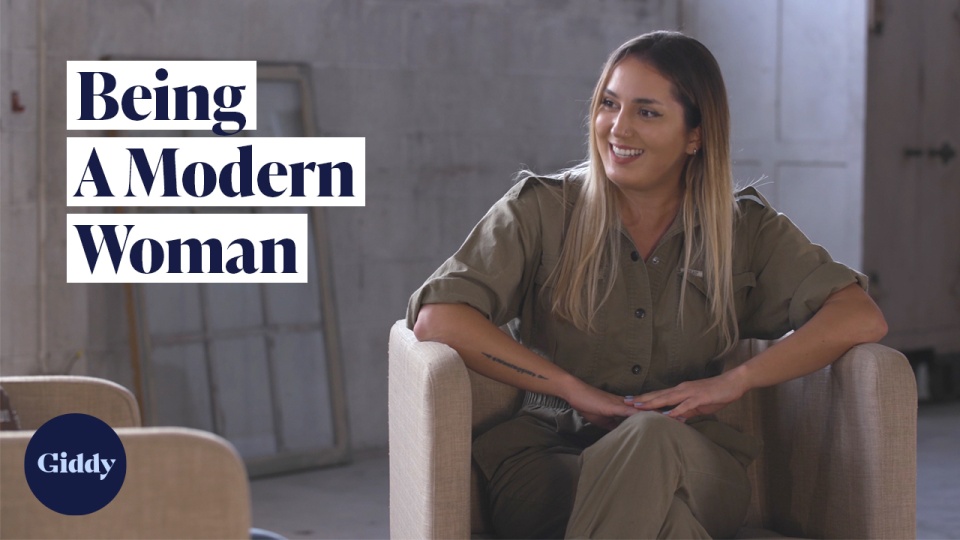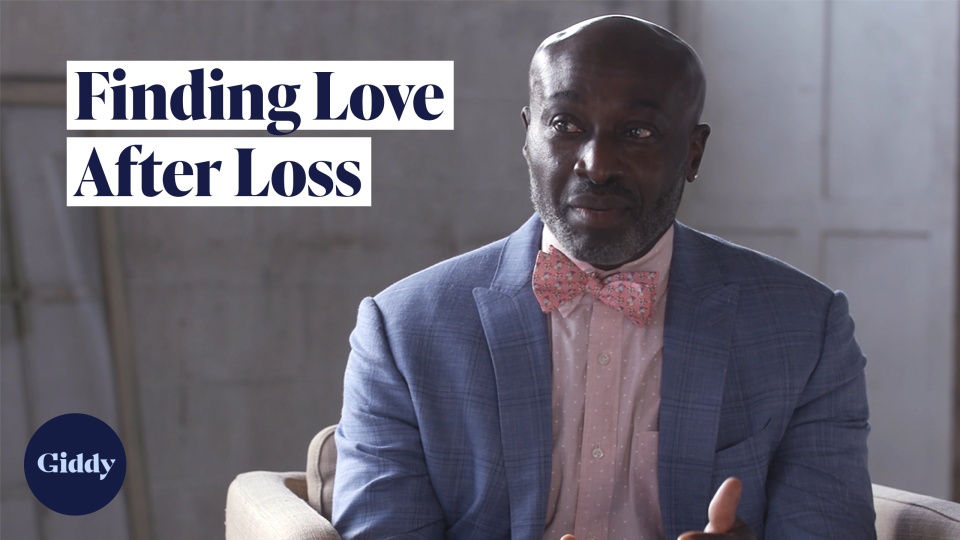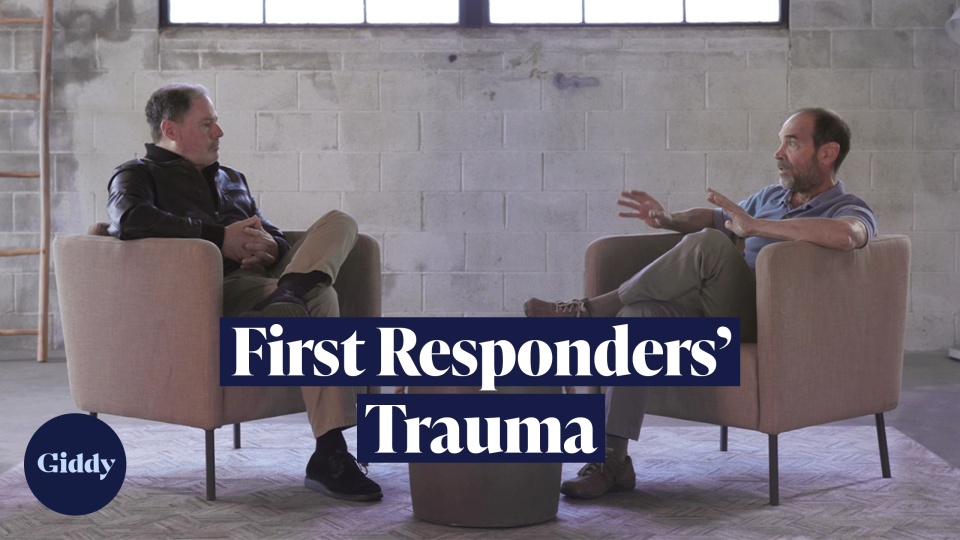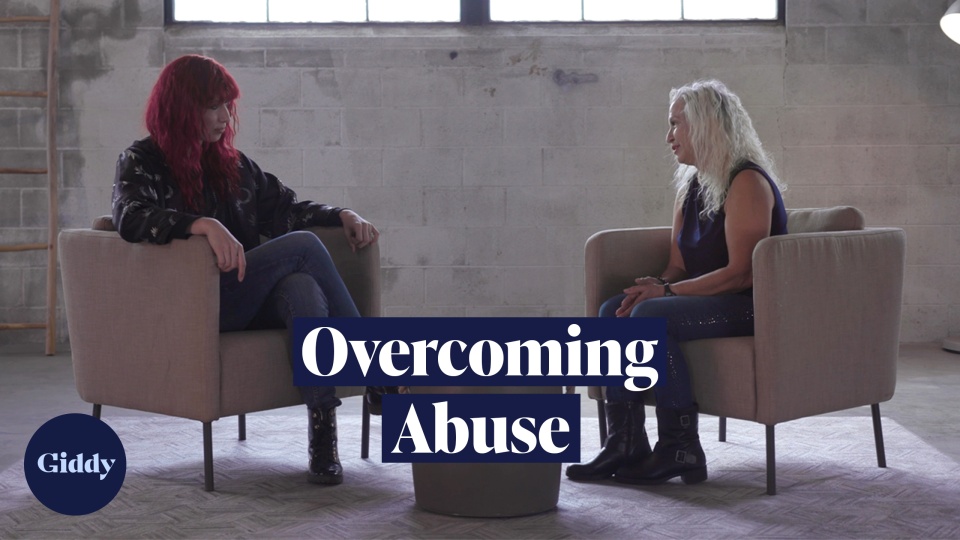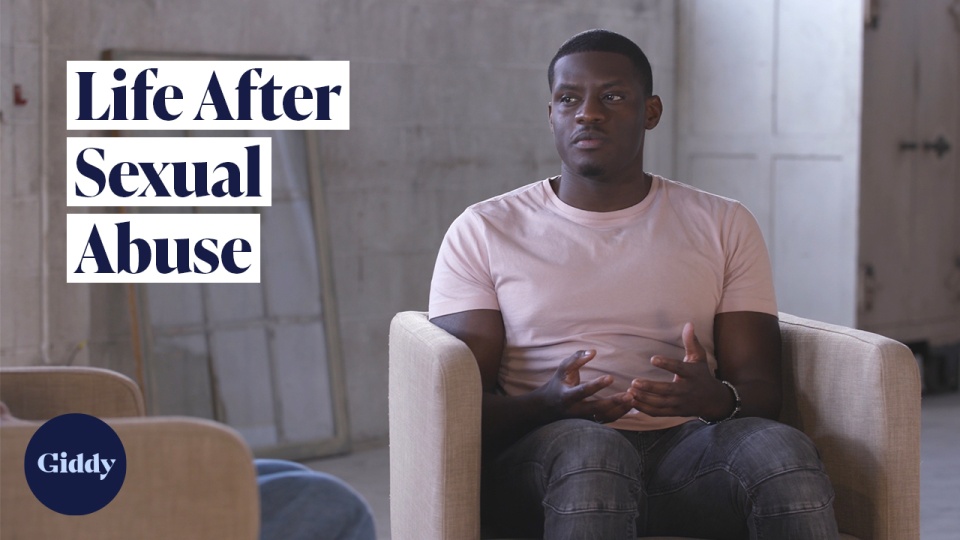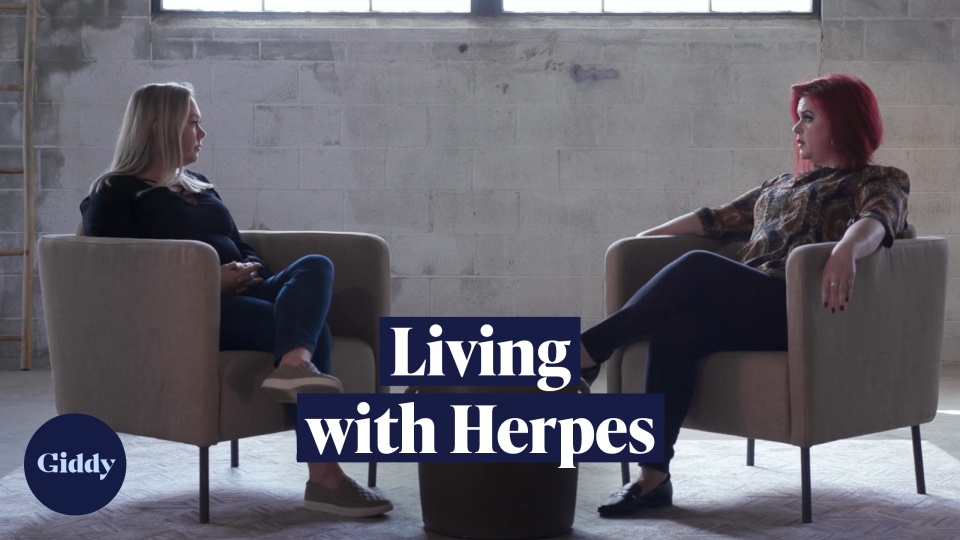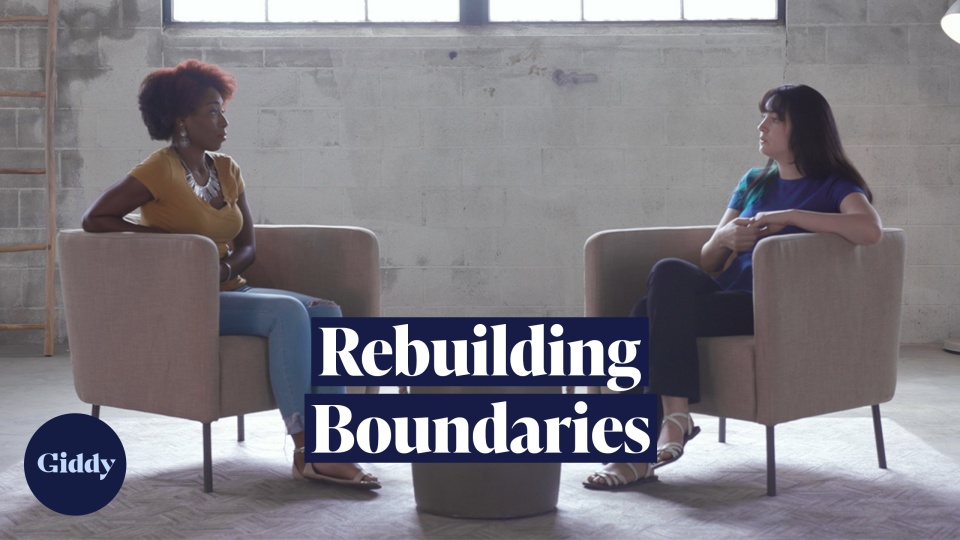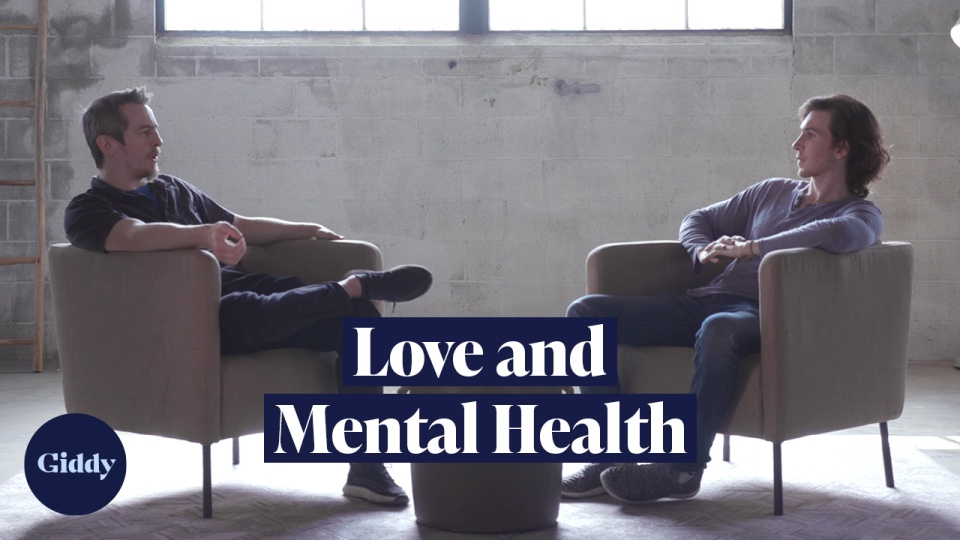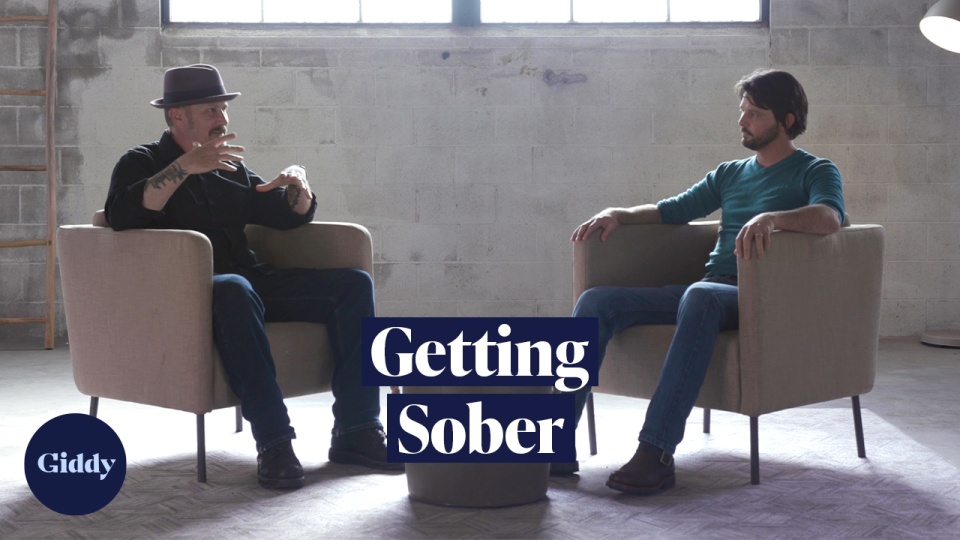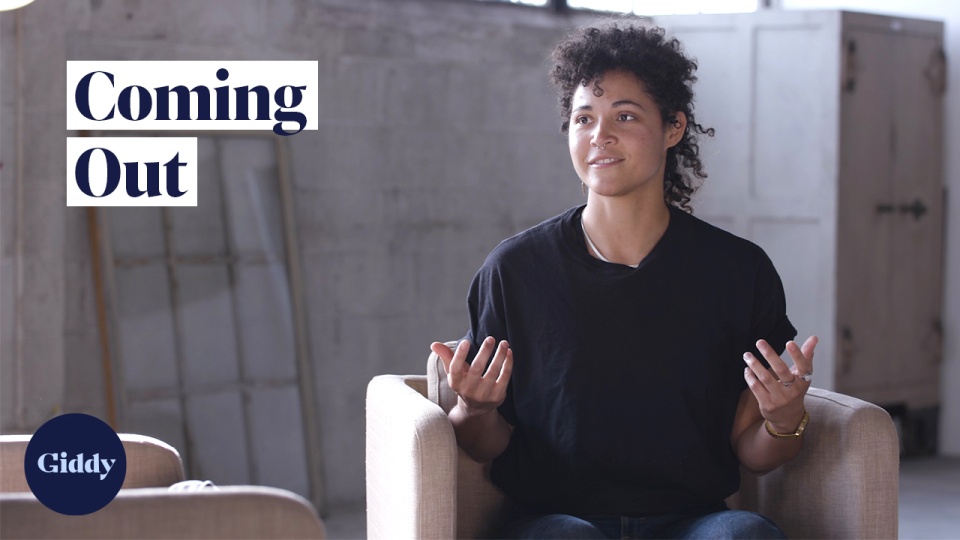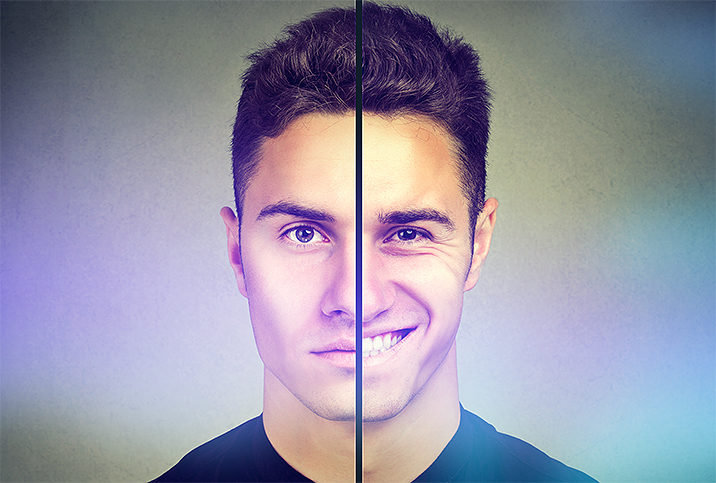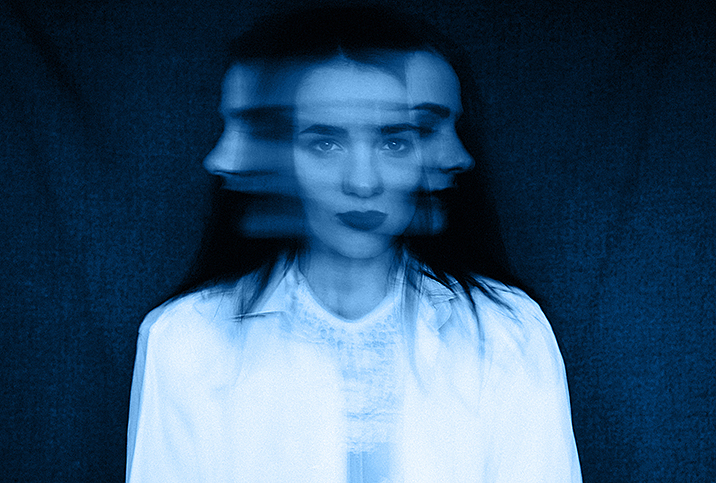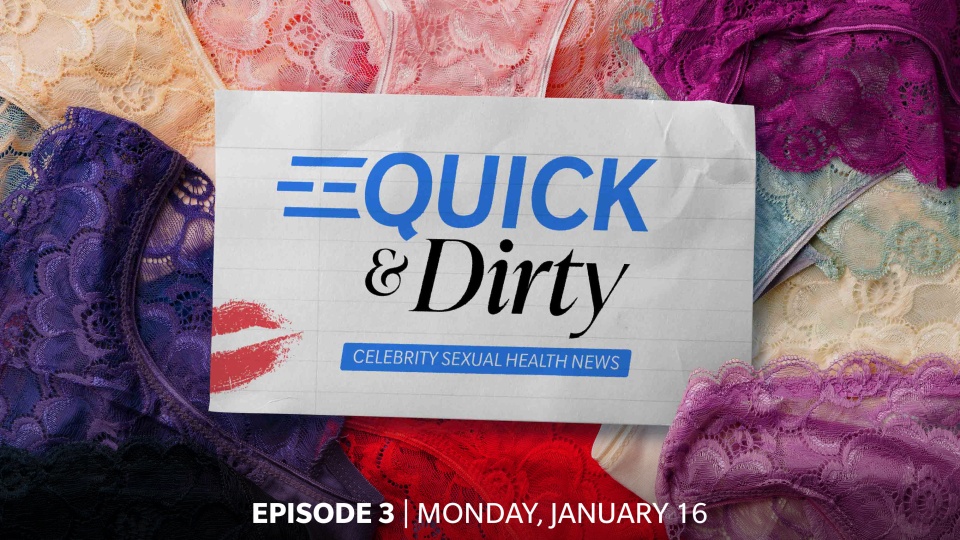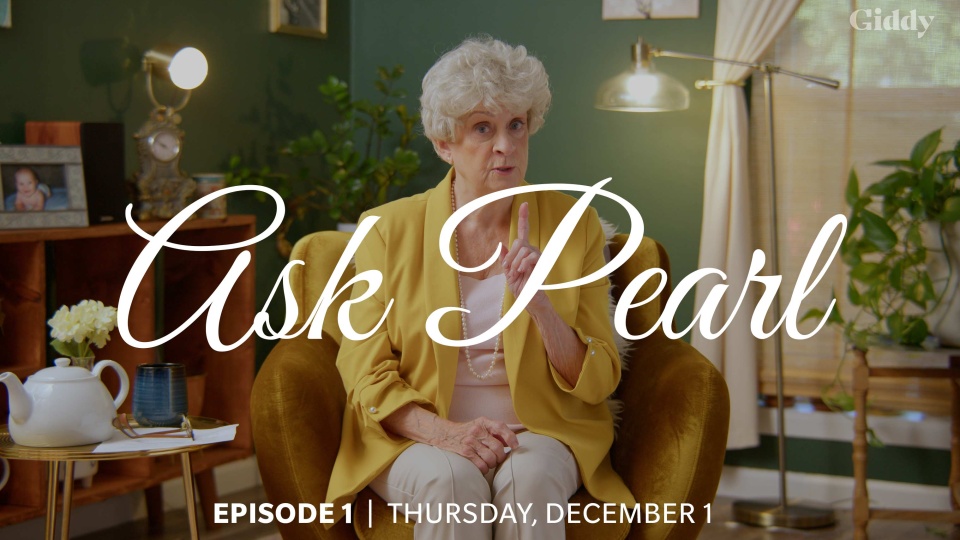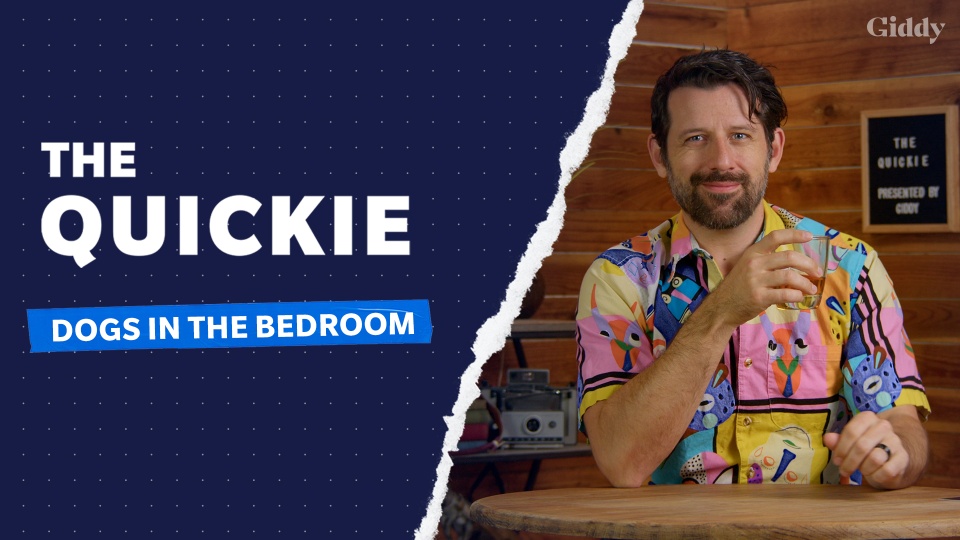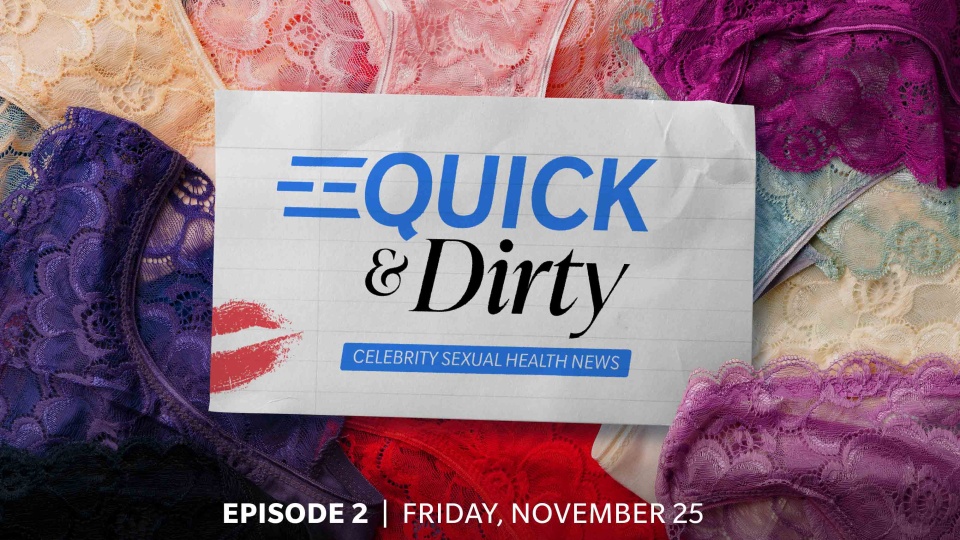Up Next
'Just Ask for Help': Discussions on Love and Mental Health
Two strangers, Graham and James, open up about their experiences with mental illness and how their struggles impact their relationships.
More about this episode
A Conversation with Graham and James
James has struggled with bipolar disorder his whole life. He told his wife about his diagnosis when they first started dating, and she has been supportive ever since. Despite their difficult moments, James is grateful for the care and understanding they have for each other.
Graham has been dealing with his bipolar diagnosis for several years, but is still learning how to manage his symptoms. Graham's girlfriend is understanding, but sometimes views his disinterest– one of his telltale symptoms– as a reflection of their relationship.This misunderstanding can lead to conflict, which only further exacerbates Graham's symptoms.
James understands the struggles in Graham's relationship and knows firsthand the stigma of mental illness. James's advice to Graham and anyone struggling with mental health in a relationship: "You've kind of got to take your own time and talk to them in your own way."
Transcript
I moved out to L.A. I was pretty young. I was about 19 years old and all my family's from the East Coast. I was going from like a great support system—my parents were divorced and that's a whole other story—but I was going from everybody around me, a few close friends in high school, to being completely isolated.
I kind of hit a point of really, really bad depression. I felt that on and off through adolescence, but it just kind of snuck up on me and got worse and worse. And having, you know, zero friends. Talking to my mom on the phone every day. Noticing lots of depression. I'm bipolar type II, so the hypomanic—as I came to learn—episodes kind of came later as I became a little bit more social.
But anyway, I tried to go to a therapist and was doing cognitive behavioral therapy for a while. And I went to a few specialists to kind of figure out if they could get a diagnosis. So I told them my symptoms. I told them kind of the spectrum of my mood: I would be really low, but then I would occasionally go into these points of extroversion and overstimulation.
There's this one time there was a fire, and I stayed up all night until 4 a.m. and I drove towards the fire to see how close I could get. I guess I told them things like that, and they said, "OK, maybe you might be bipolar type II."
So I was first diagnosed with bipolar when I was a teenager, roughly about 14 or 16. Shortly after that was my my first real suicide attempt and hospitalization, and my mom was just really, really concerned because I was a cutter—I was actually cutting at the time. I think this one was from my second major suicide episode. This was from around that time. I think some of these were as well.
You know, when you're doing that, it's very, very concerning. It's very scary. So she wanted me to get help. I needed the help. I was admitted to a hospital. I stayed for, I think, three days. But it's so tough because of the isolation.
I've been in therapy since I was about eight because my parents also got divorced when I was young. My dad was not equipped to handle a divorce. He wasn't even equipped to handle a son. No support from him: he was very anti-medication, anti-medicine, anti-help, anti-everything, basically.
And so I think a lot of the trauma of going through that kind of stuff—I was an eight year old kid being left on a farmhouse by myself for a couple of days at a time, I had to feed myself. I had to take care of the chickens, the rabbits, the horses, all this other shit. So that was really, really tough. And I think some of that I just never really got over as a teenager. So when I felt lonely, I felt like that: being left home alone in a haunted-ass farmhouse.
I stayed in treatment kind of off and on. I got on Seroquel around this time. So this one was—and I got more on my legs—was when the cutting came back. I was around 22 and I lost my job, I had just broken up with my girlfriend, my dog had died—all within the span of a week or two. It was a shitty, shitty time. And so I got extremely drunk and was just very, very depressed, and I started cutting again.
Kind of shortly around then I was like, "This isn't how I want to feel. I would like to be happy." I started really taking my therapy seriously. Like, "What can I do to improve?" And most of all, I wanted to learn more about bipolar. What is this disease? What do I have? Because if I had cancer, if I had cerebral palsy, if I had any other serious illness, I would want to understand it. How can I notice my symptoms? What are some things that I can do to stop myself if I'm manic, if I'm depressed? And I started feeling better.
It's interesting because when I came out here to L.A. was the first time I actually got off meds. I told my therapist—my psychologist—I said, "I feel like I have a management on my symptoms, on what I'm dealing with. I want to be off meds. I'm no longer comfortable with this medication and the extra symptoms it gives me."
And then I crashed again when I lost my job around 2017 and it just wasn't working, and I actually ended up getting an emotional support animal, which is incredible—one of the best therapies you can ever do. That dog has saved my life.
He's actually trained now. I've trained him as a service dog specifically for my manic and depressive episodes, because the last time that I attempted suicide was in 2018. I was standing on the Subway platform. I was going to jump in front of the damn thing as it comes along and I call 1-800-SUICIDE and it really stopped me. Stop it!
They talked you down from it.
They did. They literally talked me off the ledge. That's when I started training my service dog, and it's just giving me a whole new outlook on life. They're an incredible resource.
It's always tough dealing with this and the suicide just to be able to reach out and ask for help. That's one of the biggest things that for anyone if you're mentally ill, is just ask for help. Again, for me, some people don't have a good dad around that you can ask, so you need to have a friend. And if you don't have a friend or a family or a dog or anyone, you can ask for help. Please call 1-800-SUICIDE.
I'm very lucky with my wife. You know, I had been dealing with bipolar for all my life, pretty much, and so I was very comfortable with talking about it. I told my wife on our—it was either our first or second date, I can't remember—and just kind of describing, you know what it is: "It's a chemical imbalance in the brain. There's highs, there's lows." She's extremely supportive. I'm very, very lucky.
But, you know, not everyone's like that. There's still a big stigma against mental health and from what I've seen and heard and just generally recommend is you've kind of got to take your own time and talk to them in your own way, in your own time about it. If you don't want to disclose it, don't disclose it.
I have a girlfriend, we've been together four years.
Oh nice. When did you tell her you were bipolar?
I told her, I'd say within the first month, she would always say, "You have 25 different personalities." I'm probably showing you one right now because one is befitting of this kind of situation. But there are all these other different versions of myself that come out. I'm sure it's probably the same with you.
Did you tell your girlfriend how to deal with it when you're in those symptoms?
It's hard to like, tell her when I'm in it. Usually things are going OK, and she's usually very understanding, but occasionally it will precipitate some sort of a conflict.
Yeah.
Sometimes it's hard to find the wherewithal to move and to get out of bed. The person you're with often thinks it's about them, it's about how you feel in the relationship. That can be really hard. It can be hard to have low energy and have to locate a certain reserve of energy to explain to somebody that it's really not them, that it's you. I've dealt with this in other relationships too, and they don't believe what you're telling them. That's really hard to kind of rebound from. I've never had mania per se, but I've had hypomania.
On the flip side, I've found I can actually be my most engaging—I can be the person who wants to go on a road trip, who wants to stay up all night talking, have adventures or something like that.
My wife is always like, "Why can't you be more like that?" when I tell her the symptoms.
Exactly. Exactly.
Sorry, brain doesn't work.
How does that affect intimacy, based on the side of the spectrum that you're in?
Well, there's a lot of hypersexuality when you're manic, at least for me, and that can be very interesting when it comes out of the blue. I'm married, so I don't have to worry about being with multiple people or not using protection or whatever. It hasn't been a bad thing for me in the marriage—I've been able to manage it.
In the past, you know, when I was single, I definitely had a lot of hypersexuality, where would just be: Download Tinder, see what's out there. Let's meet up. Nothing where I ended up in a bad situation. I'm sure that's happened for folks with bipolar, but I was very, very fortunate, at least in that aspect.
Is there some sort of a safeguard that you're working on or developing? I know we all have these potential things that are going to happen to us. Is there a strategy that you have that you've acquired throughout the previous times?
Yeah, that's a really good question. One of the best things one of my therapists gave me was a checklist. If I'm feeling this, use the things that I know can pick me up, right? If these things do not work, these are some people that I can call. You just list those things out. It's really, really helpful.
With my wife, I'm very, very fortunate again, she knows some of my symptoms, so she can pick up on things and she can get me help if needed. My mom was the first one to push me towards therapy, so she's typically one of the first people that I reach out to if I'm really feeling down. A lot of it really is going to be on you, the person with this, to want to get help. I don't know if it's a good analogy or a bad analogy, but for a lot of addicts—I have an addict in my family—they have to want to get help. They have to hit rock bottom. You're always going to be burdened with this, unfortunately. It has to be on you to want to get help.
Do you have a support system out here?
Yeah, that's the main difference between…
Take my number when we're done filming. Take my number when we're done filming.
Yes, I would love to do that.
If you're ever in a crisis, call me.
I would definitely appreciate that so much. Thank you.
Absolutely.






